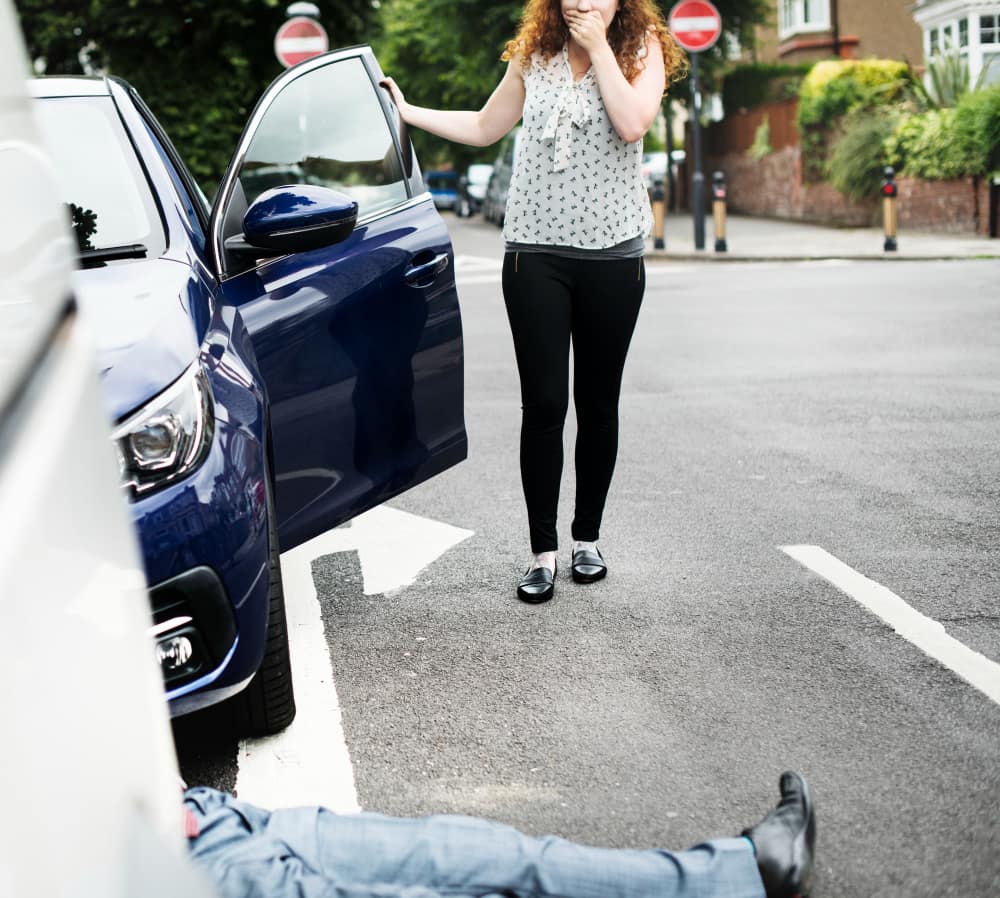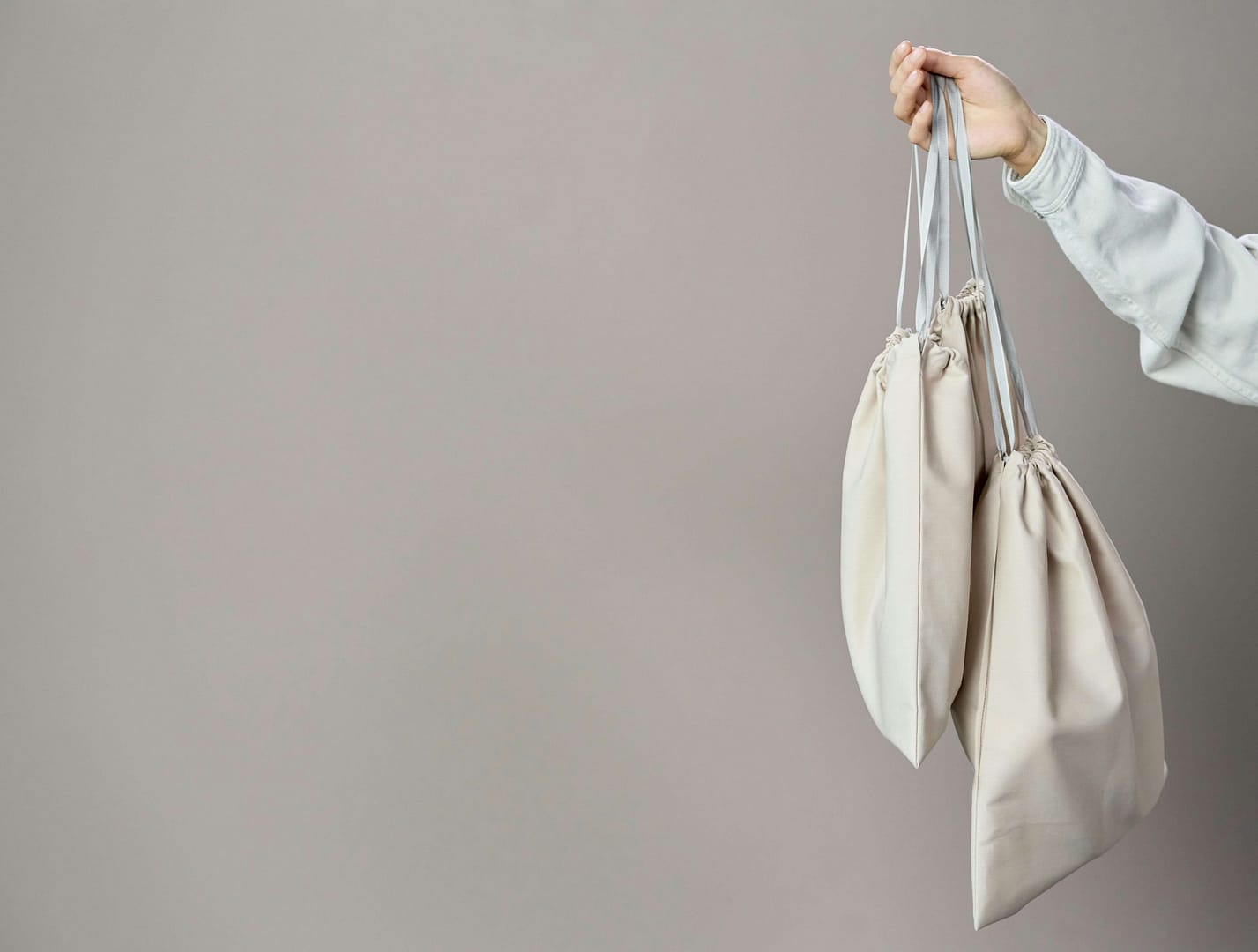Pedestrian safety at road crossings is a critical issue in the UK, with thousands of accidents reported annually. Understanding fault in pedestrian accidents is crucial for preventing such incidents and ensuring road users’ safety. This article explores key statistics, legal frameworks, and responsibilities of both pedestrians and drivers, using reliable data from official UK government sources.
Understanding Pedestrian Accidents in the UK
According to the Department for Transport (DfT), pedestrian fatalities accounted for 23% of all road user deaths in 2022, with over 4,000 serious injuries reported across Great Britain. Urban areas tend to have higher accident rates, often at controlled or uncontrolled crossings, where visibility, road behaviour, and compliance with traffic rules play significant roles.
Pedestrian crossings, such as zebra, pelican, and puffin crossings, are designed to facilitate safe road crossing. However, accidents still occur, and determining fault can be complex. In many cases, both driver and pedestrian behaviours contribute to these incidents.
The Legal Responsibilities: Pedestrians vs. Drivers
Responsibilities of Pedestrians
Pedestrians are expected to adhere to rules outlined in the Highway Code. Key guidelines include:
- Using designated crossings where available.
- Avoiding distractions such as mobile phones or headphones while crossing.
- Ensuring the road is clear before stepping onto the crossing.
Failure to follow these rules can increase the risk of accidents and, in some cases, attribute fault to the pedestrian. For instance, stepping into the path of an oncoming vehicle without allowing sufficient stopping distance may make a pedestrian liable for an accident.
If you find yourself in such a situation and are unsure how to proceed, don’t hesitate to reach out to us. We provide expert guidance to help you navigate your claim effectively. We will put you in touch with experienced solicitors who specialise in winning cases, ensuring you receive the support you need to achieve a successful outcome. Let us handle the complexities while you focus on recovery.
Responsibilities of Drivers
Drivers have an equally important role in pedestrian safety. The Highway Code mandates that drivers:
- Stop for pedestrians already on a zebra crossing.
- Slow down and prepare to stop when approaching crossings, especially in poor visibility conditions.
- Exercise extra caution in areas with vulnerable pedestrians, such as children, elderly individuals, or disabled people.
Contributing Factors to Pedestrian Accidents
Distractions and Inattentiveness
Both drivers and pedestrians are increasingly distracted by smartphones and other devices. According to the National Travel Survey, pedestrian accidents involving distractions have risen by over 10% in recent years.
Speeding and Poor Visibility
Data from the Road Safety Data Report highlights that vehicles travelling above the speed limit are involved in 25% of pedestrian accidents. Poor lighting and weather conditions further exacerbate risks, with pedestrian visibility being a key concern.
Failure to Follow Crossing Rules
In 2022, over 30% of pedestrian accidents at crossings involved either pedestrians crossing outside of marked zones or drivers failing to yield at pedestrian crossings. This indicates a widespread need for public education on road safety.
Government Measures to Enhance Pedestrian Safety
The UK Government has implemented several measures to reduce pedestrian accidents, including:
- Improved Crossing Designs: Smart crossings, like puffin crossings, use sensors to detect pedestrian movement, allowing safer crossing times.
- Public Awareness Campaigns: Initiatives like Think! Road Safety educates both drivers and pedestrians about safe road behaviours.
- Stricter Enforcement: Local councils and police forces are intensifying efforts to enforce traffic rules, including fines for jaywalking or reckless driving.
Preventing Pedestrian Accidents: Tips for Road Users
For Pedestrians
- Always use marked crossings and adhere to traffic signals.
- Avoid distractions such as mobile phones while crossing.
- Wear bright or reflective clothing in low-light conditions.
For Drivers
- Always approach crossings with caution, especially in urban areas.
- Adhere to speed limits and remain vigilant for vulnerable pedestrians.
- Avoid distractions, such as using a mobile phone while driving.
Conclusion
Pedestrian accidents at crossings are a shared responsibility between pedestrians and drivers. Adhering to the Highway Code and following safety measures can significantly reduce risks. By fostering greater awareness and accountability, both road users can contribute to safer roads across the UK.
If you are involved in a pedestrian accident, it is essential to seek expert legal guidance. At National Claims, we connect you with experienced solicitors who specialise in handling such cases. Our solicitors operate on a No Win, No Fee basis, meaning you only pay if your case is successfully resolved. This ensures you receive the support you need without any financial risk. Reach out today to start your claim with confidence.
Consult with National Claims
Navigating the legal complexities of a road traffic accident claim can be overwhelming, especially if you are recovering from injuries. At National Claims, where we have experience in handling such cases can be invaluable. We will guide you through the process, and work to ensure you receive fair compensation for your injuries and losses. We will also walk you through the claims process.

We’re proud of our excellent customer reviews
We thrive on delivering exceptional service and ensuring our clients’ satisfaction. Don’t just take our word for it. Check out some of our independent reviews to see what our clients have to say.
Excellent

This firm is excellent, they sorted out my car pay out and injury claim very fast, they always communicate with you all the time.

My accident case was dealt with confidence and with great result of the outcome, especially James kept me informed all the time.

I was very impressed at the way my inquiry was treated. I was listened to attentively and everything I needed to know was explained to me.






